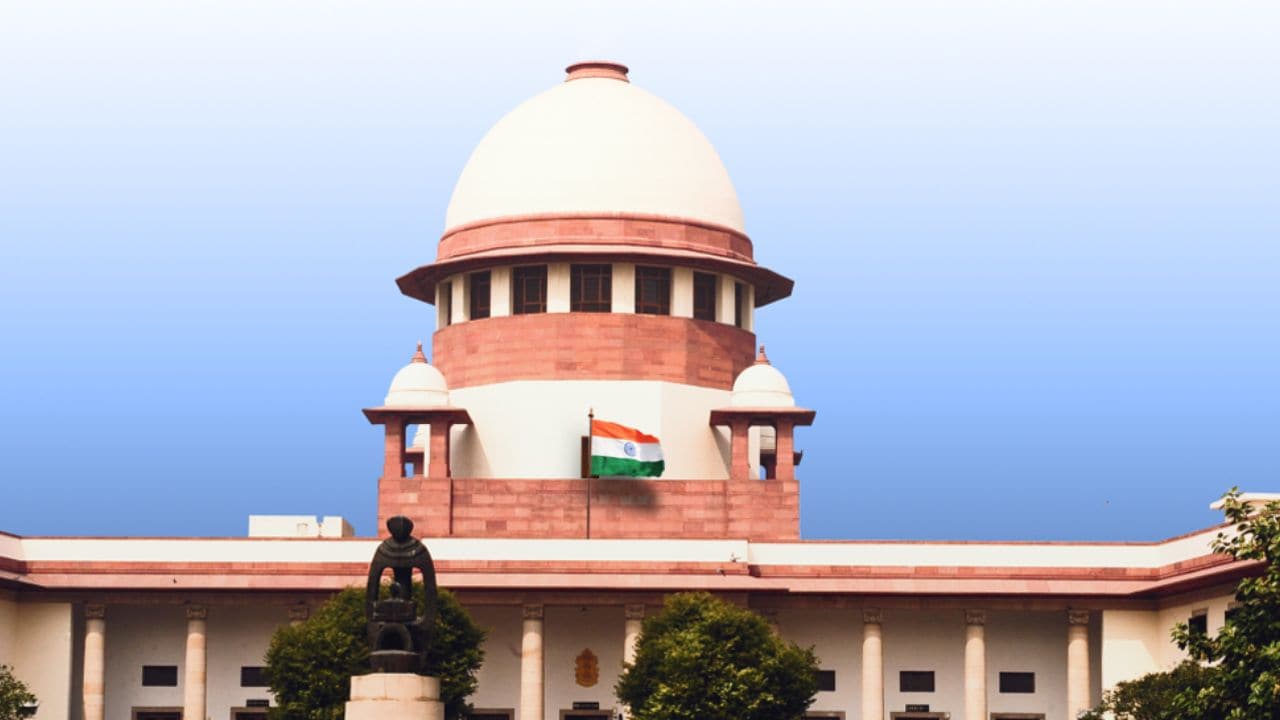Leading gaming companies made a case that games of skill, even when played for stakes, should not fall under the legal definition of gambling, in a high-profile hearing before a bench of the Supreme Court. The bench, comprising Justices J.B. Pardiwala and R. Mahadevan, heard arguments that drew upon decades of legal precedent and constitutional interpretation.
Read more: ‘Scintilla of Skill’ argument returns as gaming companies challenge govt’s stance in SC
Read more: Breaking: Supreme Court hears Centre’s ‘Seven Sutras’ on gambling in online games
On May 8, appearing on behalf of gaming platform Gameskraft, senior advocates Gopal Sankaranarayanan and Dr. Abhishek Manu Singhvi contended that Indian jurisprudence has consistently upheld a clear distinction between games of skill and gambling. Dr. Singhvi walked the court through a series of landmark rulings, asserting that the presence of stakes does not alter the fundamental nature of a game rooted in skill.
He further noted that references in the Satyanarayana judgment, often cited in gambling-related cases, pertain not to rummy itself but to ancillary activities such as third-party betting. “Chess, rummy, bridge, these are games that the courts have repeatedly acknowledged as skill-based,” Dr. Singhvi said.
Read more: Wagering on game of skill amounts to gambling and betting: Govt of India tells SC
Senior counsel Harish Salve weighed in with a pointed analogy: if placing a bet in a skill-based game qualifies as gambling, then even a friendly round of golf, where the loser buys dinner, would be subject to Goods and Services Tax (GST). Justice Pardiwala responded with a touch of humor, saying the court could swiftly rule that such casual wagers would not fall under GST.
Counsel Dhruv Mehta, representing the All India Gaming Federation (AIGF), also began submissions, highlighting the diversity of online games offered by AIGF’s member companies. Mehta argued that it would be impractical for the court to deliver factual findings on each individual game, suggesting instead that such determinations be left to appropriate adjudicating authorities.
Mehta further explained that gaming firms have been paying GST under Service Accounting Code (SAC) 998439, which explicitly includes internet-based card games. He cited 2023 amendments to GST law that, for the first time, introduced a formal definition for “online money gaming,” bringing it within the ambit of “specified actionable claims.”
On May 5, the Supreme Court commenced hearings in this pivotal case that could redefine the legal and economic framework governing a burgeoning online gaming and digital entertainment sectors. Central to the proceedings is a sweeping Rs1.12 lakh crore retrospective tax demand, covering online gaming platforms, fantasy sports companies, casinos, and racecourses, dating back to July 2017.
The bench of Justices Pardiwala and Mahadevan is examining whether games involving real-money stakes, regardless of whether they involve skill, should be classified as gambling under the GST regime.
Proceedings are set to continue on May 9, with further arguments from Mehta and additional counsels.
